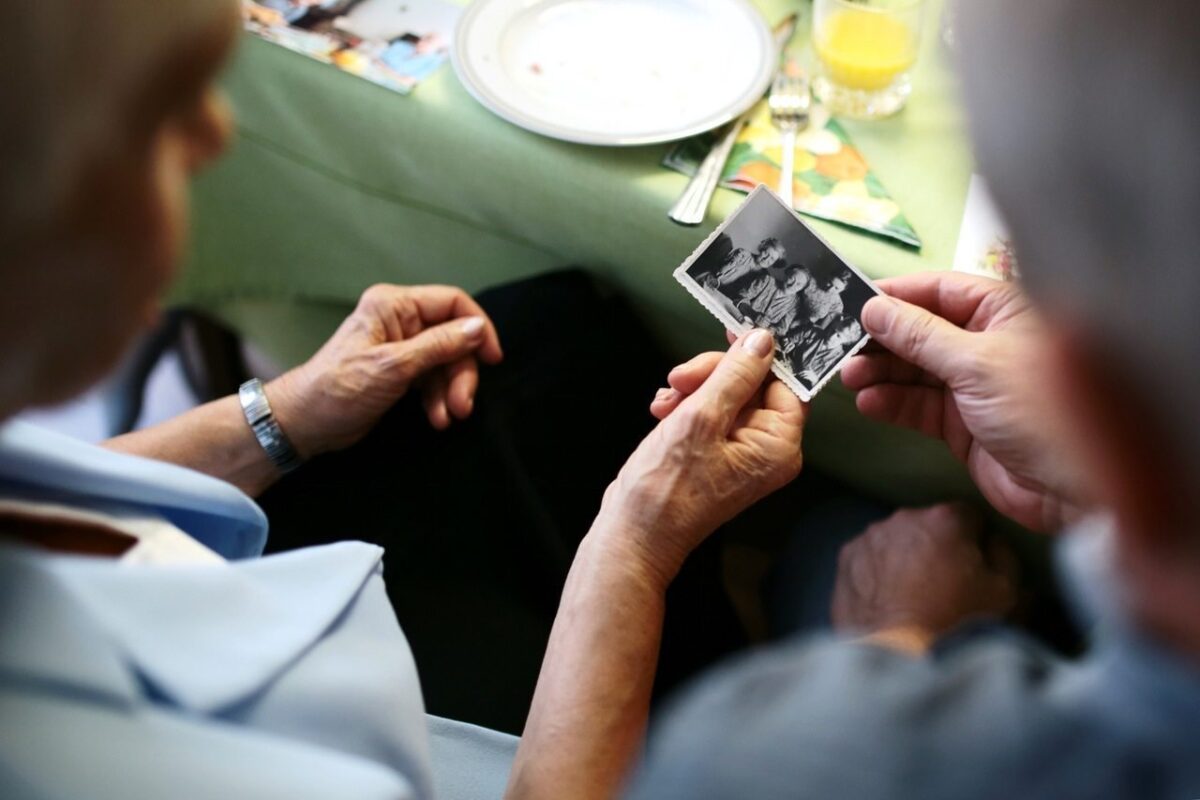
False Memories: Can You Trust Your Memory?
We often don’t think about the accuracy of our memories. We just assume that they’re exact and precise, because it’s something that we experienced. But the reality is, our memories are very susceptible to change. Research is showing that our memories can be manipulated by introducing new or different information. This can be from an authority figure, or simply just by talking to your peers. Although this can be helpful at times, false memories actually poses a problem for our justice system.

False memories: What are they?
Why do false memories occur?
Imagine you pass by someone when you’re walking down the streets of Times Square. You only see them for a split second, but you see them wearing a green t-shirt, black sneakers, and a blue hat. Now just hold on to that thought- we’ll come back to it later.
We’d like to think that our memory is like a video recorder, accurately recording our experiences. But our memories are actually very prone to suggestion. Here’s why: every time we recall a memory, it gets changed based on our mood, goals, or environment. If we don’t remember something that happened to us or that we saw, our brain fills in the missing information. This seems like, and sometimes is, a helpful tool, but sometimes it can have serious consequences. We all know “that” person who tells the same story just a little bit differently every time. The fish was THIS big, kind of thing. A false memory is a misguided recollection of an event or experience.
False memories can happen in a lot of ways. Introduction of new or different information is one way the perception of events can change. This can be in the form of a question, or discussion with a peer. Knowledge you already have and other related memories can also change your perception. For example, if you were to recall your fifth birthday party, the memories of your friend’s birthday party might influence how you remember your own. And of course, over time your memories begin to change. Misinformation can become a part of your memory, and that version can actually grow stronger and more vivid.
How do we know that memory can be altered?
Remember the person you walked past on the street? Now answer this question (without scrolling up): The person was wearing a green hat, but what color were their sandals?
If you were to scroll back up, you will find that their hat was blue, instead of the green stated in the question. Also, you might notice that the person was wearing black sneakers, not sandals. How did you do? If you fell for the tricks, then you can see how easily our memories can be altered. By wording the question with a new or different fact from the original scenario, your memory changed to fit the question. This is how researchers study false memory, by introducing new or different information to something you may have experienced.
Another way our perception of events can change is just by talking to the people around us. Take the video below, for example. In this study, participants viewed a video of a store robbery, and then discussed what they saw with each other. After a few minutes of discussion, each of the participants were asked to recall what they remembered seeing in the video. What they found was that most people were actually talking about things they didn’t actually see themselves. They were given information by their peers, which led them to be misguided not long after an experience.
Are false memories a good or bad thing?
False memories can be as harmless as you thinking you saw your phone in the glove compartment, when it was really in the back seat of the car. But many times, these false memories can have serious consequences.
The idea of false memories arose in the late 1980’s when psychologists started using memory recovery techniques. Soon after, parents started reporting instances where their children wrongly accused them of childhood sexual abuse. The problem was that these accusations were typically coming from an adult daughter in her 20s and 30s, soon after she started therapy. Therapists justified the Freudian idea of repressed memories– saying that they didn’t remember the events because it was too traumatic for them. But many experts say that the idea of repressed memories has been proven false, which sparked a lot of controversy and debate.
Psychotherapists believed that they could recover repressed memories by inducing hypnotic states with sodium amytal. This is what happened to 19-year-old Holly Ramona, who accused her father of sexual abuse shortly after beginning her therapy for bulimia. Holly recalled that she had vague flashbacks of a man forcing her to perform sexual acts when she began therapy. But according to other therapists, Holly didn’t know it was her father until the doctors had told her about it after she was in the hypnotic state. Expert psychologists who study memory say that “repressed memories” are in no way supported, especially for sexual abuse. Holly’s father eventually came to sue the therapists that worked with his daughter and won the lawsuit, but not before losing his entire family.
False memories can also be a problem when it comes to eyewitness testimony. Since DNA testing became available, The Innocence Project has worked to exonerate wrongfully convicted prisoners. In 75% of the DNA exoneration cases, faulty witness testimony was found to be the cause of wrongful conviction. But it’s not that these witnesses lied under oath with a secret vendetta, it’s because they were misinformed. Misleading information they may have been exposed to, like a misleading question, could have changed their perception of events. The witness, unaware of the change, can easily recount the wrong information as their own experience, sending many innocent people to prison.
False memories can also do some good, by helping those who have had traumatic experiences. Researchers are working on methods to replace traumatic memories with less anxiety provoking ones, to allow the person to cope with their experiences better. This is similar to narrative exposure therapy, which is a type of talk therapy designed to help people learning how to live with PTSD.














